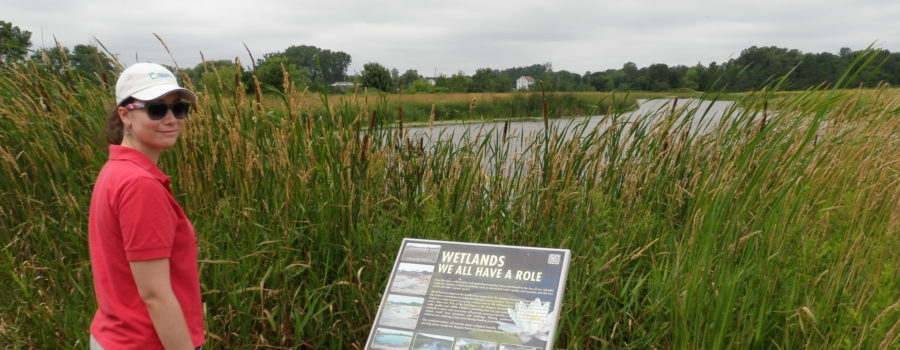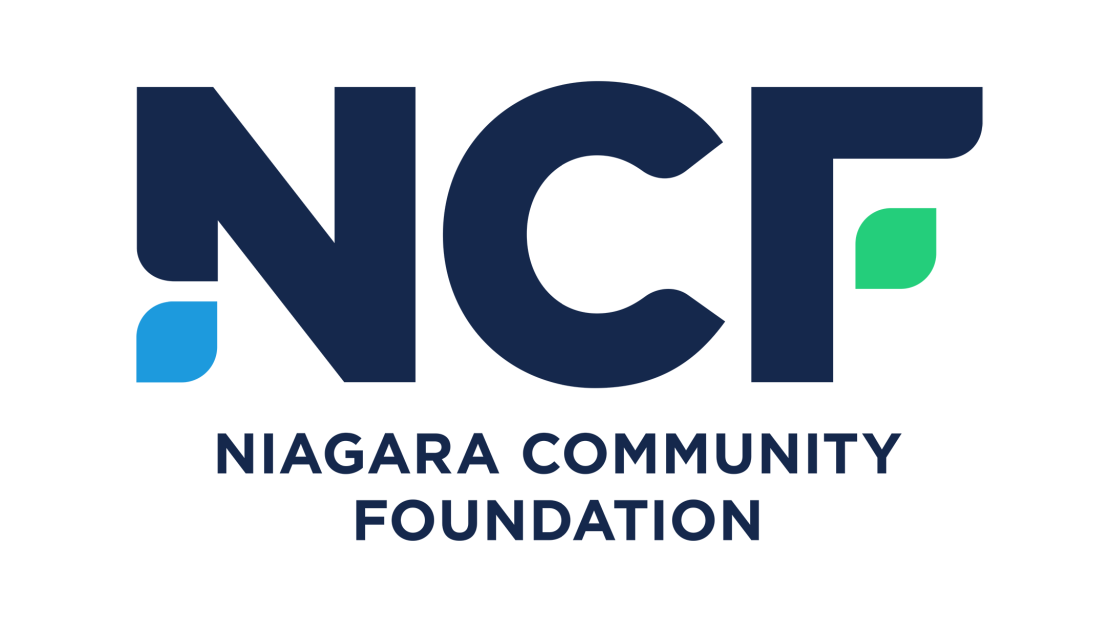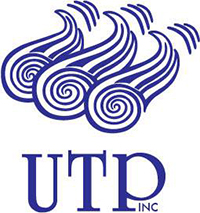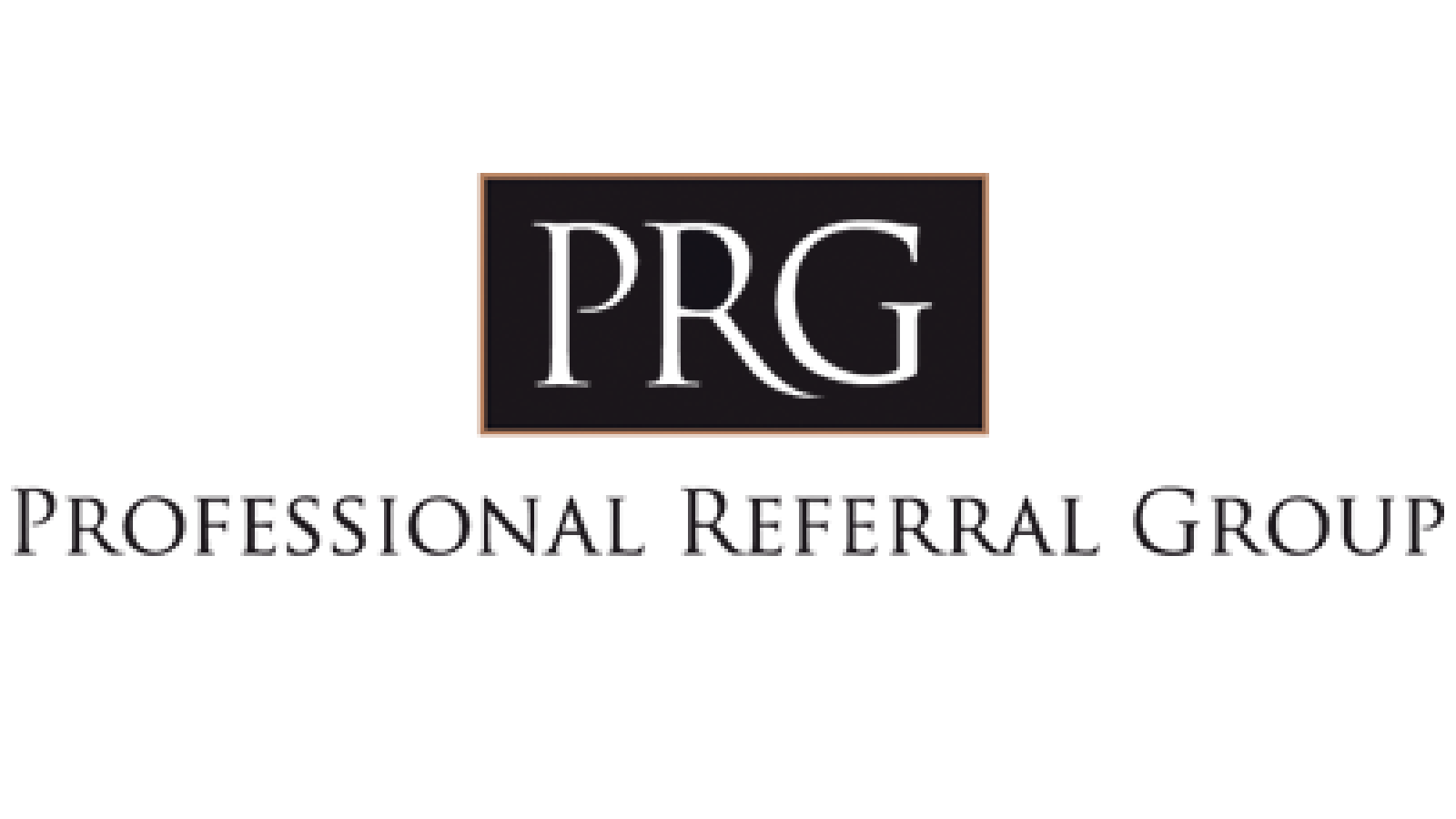Wetlands are among the most biologically diverse ecosystems on Earth, supporting well over 100,000 species globally. Humans rely on this diversity for a wide range of goods and services (known as ecosystem services), and wetlands are important for the social, economic and ecological health of our country.
To illustrate how flooding can happen in urban areas, consider an average sized house which typically generates approximately 2,000 litres of runoff during a typical rain event. This is about the equivalent of 150 bathtubs full of water. In Niagara, with close to a quarter of a million dwellings, this is the equivalent to filling 1.7 million bathtubs, or 100 Olympic swimming pools, with stormwater.
Niagara and its surrounding areas have seen significant wetland losses, currently approaching 90 per cent. That losss, coupled with the increased storm frequency and intensity caused by climate change, is causing large volumes of stormwater to be generated which is overwhelming infrastructure and causing flooding that is reaching disastrous proportions.
An example of this was seen in Walkers Creek, St. Cathraines, on September 3, 2018, when a high instensity storm dumped one metre of rain water on the North end of the City within a two- hour period, causing widespread road and basement flooding.
A 2019 study by the Canadian government looked at ecosystem services provided by wetlands. The study found that each hectare (ha) of wetland located in the upstream portions of urban watersheds (drainage area) could provide upto $3,500/ha in flood damage reduction by intercepting and absorbing rainwater before it reaches urban centres. All remaining Canadian wetlands, if used wisely, can sustain biodiversity and ecosystem services for future generations. Where wetland functions have been degraded, conservation and restoration partnerships should be explored. This process should start with the owners of the land, which may include private, public, government and Indigenous communities. Wetlands, as part of planned green networks, provide multiple economic benefits, including relief from storm flooding.
Locally, the Niagara Peninsula Conservation Authority has a partnerhip with Ducks Unlimited Canada for wetland restoration and conservation initiatives and is a great place to find out more information www.npca.ca
Photo Caption: Niagara Peninsula Conservation Authorities E.C. Brown Wetland Restoration site in South Pelham with Katleya Young-Chin, Ecosystem Restoration Specialist.
 Back to myNiagaraOnline
Back to myNiagaraOnline
































